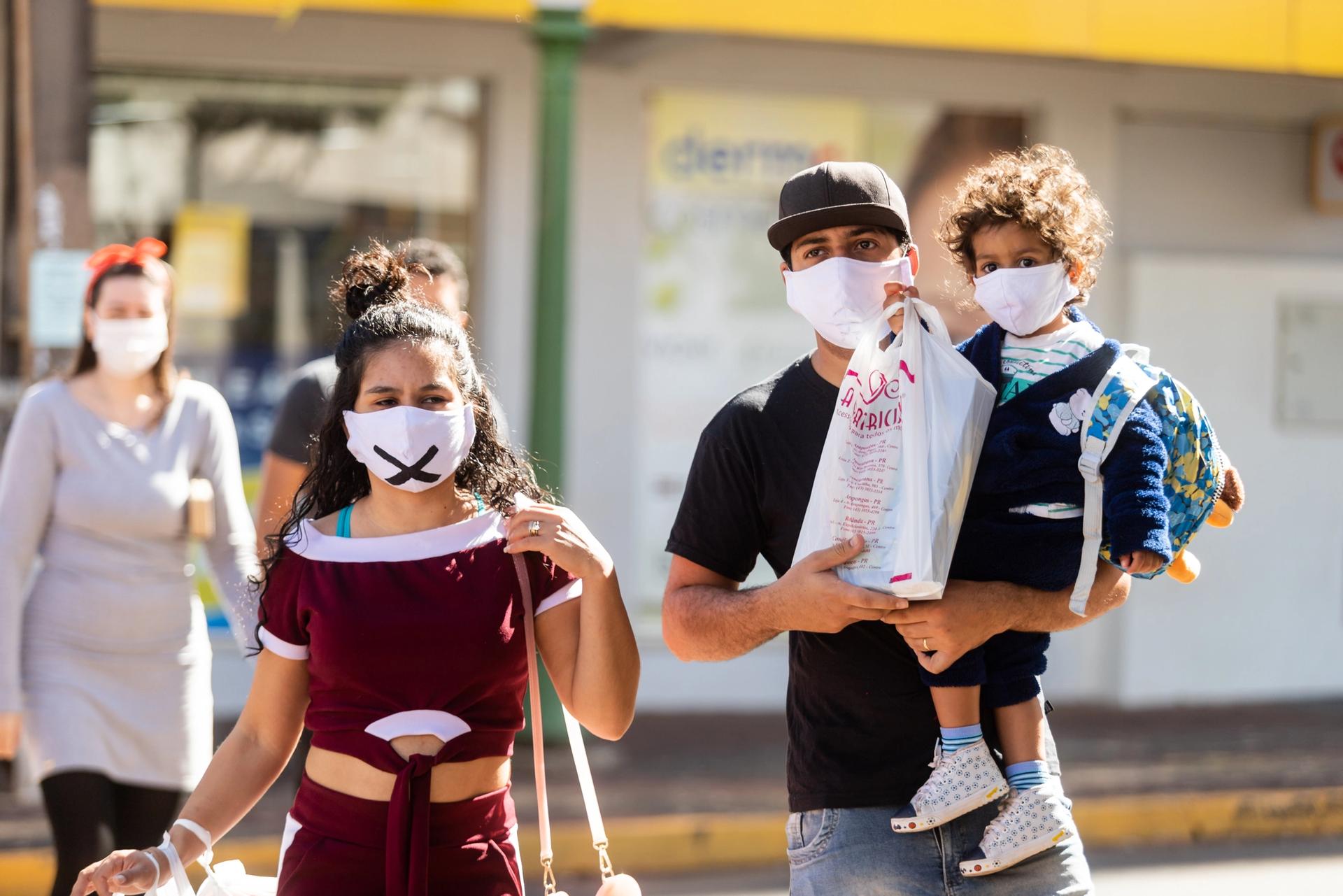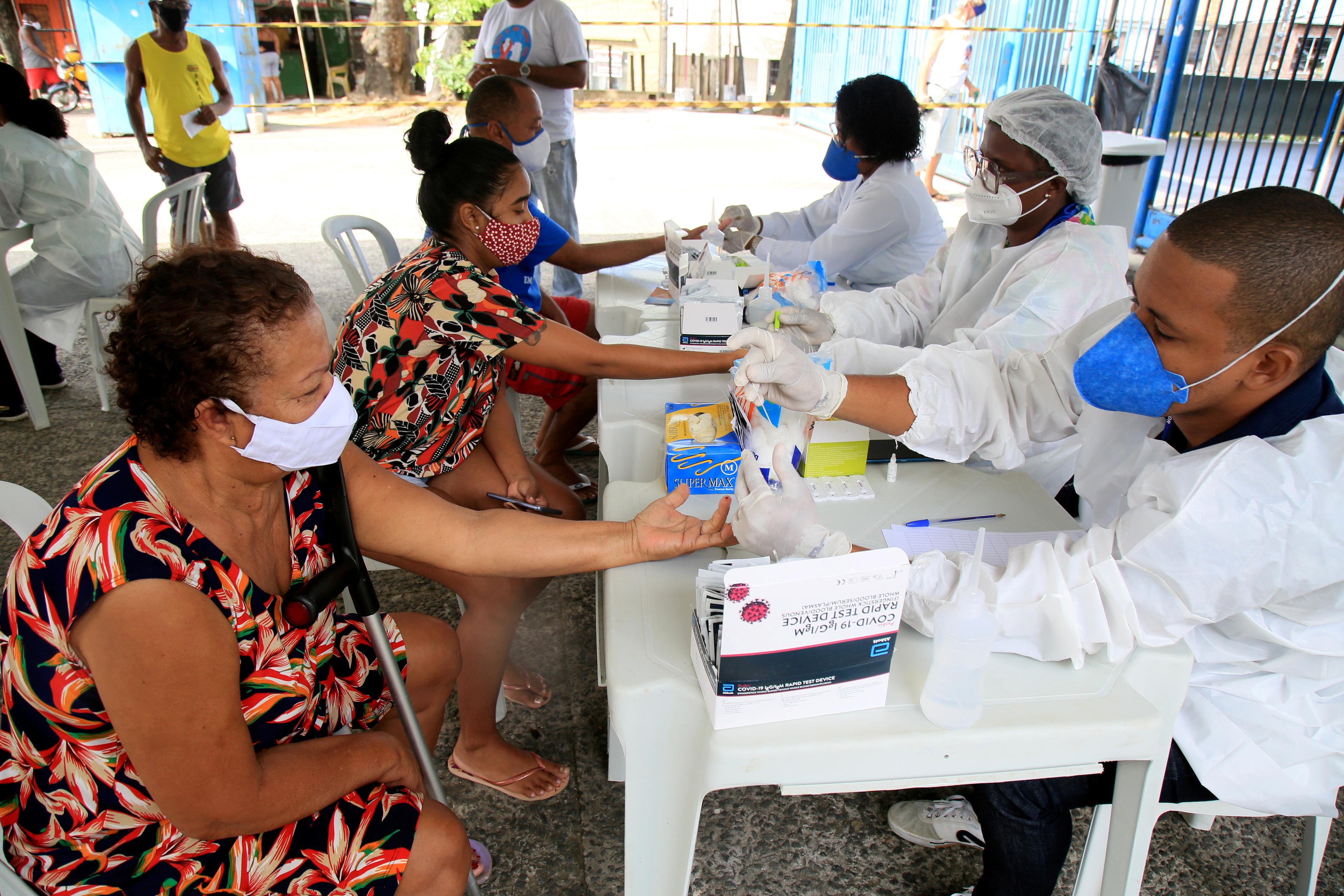Blog
How to hold political leaders to account for Covid-19 corruption

This is the second piece in a two-part series on Tackling grand corruption in Covid times through a human rights lens. Read part one – ‘How grand corruption during Covid-19 threatens human rights’.
We have seen in our previous blog how grand corruption during Covid-19 is causing widespread harm and violating human rights – especially the right to health. Far from being a victimless crime, the co-opting of Covid-19 resources on a large scale by high-level officials should – some argue – be considered a crime against humanity.
According to the Rome Statute of the International Criminal Court, a crime of this sort encompasses “acts committed as part of a widespread or systematic attack directed against any civilian population, with knowledge of the attack.” Although corruption is not part of the list of acts considered under the Rome Statute, many legislators, academics 5d8ffce8226e and UN staff believe grand corruption fits the bill.
Even if criminal charges are not filed against powerful perpetrators at the national level (see our discussion of the UNCAC, below), there are several international legal instruments that can help bring about accountability. We believe the most promising is the Universal Periodic Review (UPR) process of the Human Rights Council.
The UPR can address grand corruption in the health sector
The UPR is a state-to-state peer review mechanism that scrutinises countries’ human rights records. Unlike other international legal instruments, all UN Member States are active participants, engaging in a global dialogue on all aspects of human rights, including the right to health. See U4’s latest report on the UPR process for more information.
Indeed, a study from WHO and the Human Rights Centre Clinic of the University of Essex found that health featured prominently in the recommendations given to States under review. A recent U4 publication by Sekalala and Masud analysed 142 documents produced during the UPR’s 29th session in 2018 and found that 44% of recommendations were health-related. In contrast, only 0.08% of the recommendations focused on corruption in the health sector.
Although the UPR has rarely been used to identify corruption in the health sector as a human rights concern, we see four reasons to be optimistic about its potential in this area:
- The UPR is a multisectoral process. This means that anti-corruption experts could contribute to reviews of nations’ human rights records and obligations, alongside ministers of justice and foreign affairs, ministers of health, and national and international health advocates to flag priorities, share best practices, and identify specific technical assistance needs.
- UN Country Teams can provide technical assistance, capacity building and evidence-based guidance throughout the UPR process.
- The UPR has an informal follow-up process. If anti-corruption measures made it into the health-related recommendations for a State under review, assistance from UNDP, WHO and UNDOC, for example, would be readily available. Although the UPR’s monitoring needs strengthening, its current follow-up approach would serve to monitor countries’ progress on their anti-corruption recommendations.
- The UPR has proved largely successful at “prompting, supporting, and expanding the promotion and protection of human rights on the ground.” A 2014 study found that half of all recommendations were either fully or partially implemented in 165 countries, three years after the UPR review. It has also strengthened civil society’s positioning in States under review.
The UPR is a promising mechanism to frame grand corruption in the health sector as an interdisciplinary issue, and to tackle this persistent threat to the human right to health.
The UNCAC and its Implementation Review Mechanism (IRM) will not address grand corruption
It is true that the United Nations Convention Against Corruption (UNCAC) is the only legally binding international treaty against corruption, with 187 Member States. Its Implementation Review Mechanism (IRM) reviews State Parties’ progress against corruption across two five-year cycles.
Despite its wide recognition, the UNCAC fails to address systemic and grand corruption. Although it recognises the problem of international illicit financial flows, the UNCAC’s provisions on political corruption are weak, and do not say much about the mechanisms that would help enforce the principles of transparency, accountability, integrity and sound management of public affairs.
In its chapters on prevention and criminalisation, most of UNCAC’s provisions are to be adopted according to each country’s own legal system (Article 5). In countries with endemic corruption, powerful perpetrators can easily circumvent their national judicial systems to avoid sanctions. In addition, many national legal frameworks do not cover accountability mechanisms to address human rights violations faced by victims of grand corruption.
Regional anti-corruption and human rights instruments are inadequate, too
There are several regional anti-corruption regimes, including the Inter-American Convention against Corruption, the Convention on the Fight against Corruption involving Officials of the European Communities or Official Member States of the European Union, the OECD Anti-Bribery Convention, the Council of Europe Criminal Law Convention on Corruption, the League of Arab States Anti-Corruption Convention, and the African Union Convention on Preventing and Combating Corruption.
However, they are ill-equipped to fight grand corruption through a human rights lens. A comparison study of the Inter-American, African Union, and European Conventions revealed serious flaws:
- Every convention defines corruption differently.
- Most of their provisions are optional.
- Their monitoring mechanisms are weak compared to those of the international human rights regime.
There is little reference to the impact of corruption on human rights. (A clear exception is the African Union, which refers to this in its preamble. But even here, its focus is on the human rights of perpetrators of corruption as opposed to the victims’.)
There are also three ‘continental’ systems for the protection of human rights: The Inter-American, the African and the European. In addition, there is the ASEAN Human Rights Mechanism and the Arab Human Rights Committee.
Although these continental rights systems’ enforcement mechanisms can resonate better with local conditions, they all have intrinsic limitations:
- The European Court of Human Rights struggles to remain efficient in the face of increasing workload.
- The Inter-American Court’s non-permanent and not obligatory character undermines the political weight of the Inter-American system
- The African system faces financial and structural challenges. One study found that it was characterised by vague provisions, as well as weak judicial arbitration and state compliance mechanisms.
- The ASEAN Human Rights Mechanism has struggled to move from the ‘promotional’ stage towards implementation.
- The Arab Human Rights Committee lacks enforcement mechanisms, limiting its ability to hold member states accountable.
The UPR is the best mechanism available to combat grand corruption and support people’s right to health
In contrast to regional anti-corruption and human rights mechanisms, the UPR has universal participation and an impressive success rate. It offers an accessible platform to take on Covid-19 grand corruption as a global challenge that requires a global solution. It can, at the very least, allow citizens to issue a stern rebuke to leaders through the shadow reporting process, and has the potential to come up with actionable recommendations to curb health-related grand corruption.
In normal times, grand corruption and impunity have gone hand in hand. Impunity in this pandemic will result in weaker health systems, more deaths, and a more gruesome violation of our human rights. We know that tackling grand corruption through the use of the UPR will require strong political backing from many of those leaders who benefit from political corruption.
However, the current pandemic has proved that we are only as a strong as our weakest health system. We have seen it take the lives of both rich and poor. In the midst of this crisis, Covid-19 can be the opportunity we have been seeking to take a global stand on health sector corruption and fight for our right to health.
So, the question remains: if not now, when?
Read more in Sharifah Sekalala and Haleema Masud’s April 2021 U4 Brief, The Universal Periodic Review process: A strategy to tackle health sector corruption (U4 Brief 2021:2).
- See also, Starr, S.B. 2007. Extraordinary crimes at ordinary times: International justice beyond crisis situations. Northwestern University Law Review 101, Harvard Public Law Working Paper No. 133; and Boersma, M. 2012. Corruption: A Violation of Human Rights and a Crime Under International Law? 2012. Intersentia.
Disclaimer
All views in this text are the author(s)’, and may differ from the U4 partner agencies’ policies.
This work is licenced under a Creative Commons Attribution-NonCommercial-NoDerivatives 4.0 International licence (CC BY-NC-ND 4.0)
